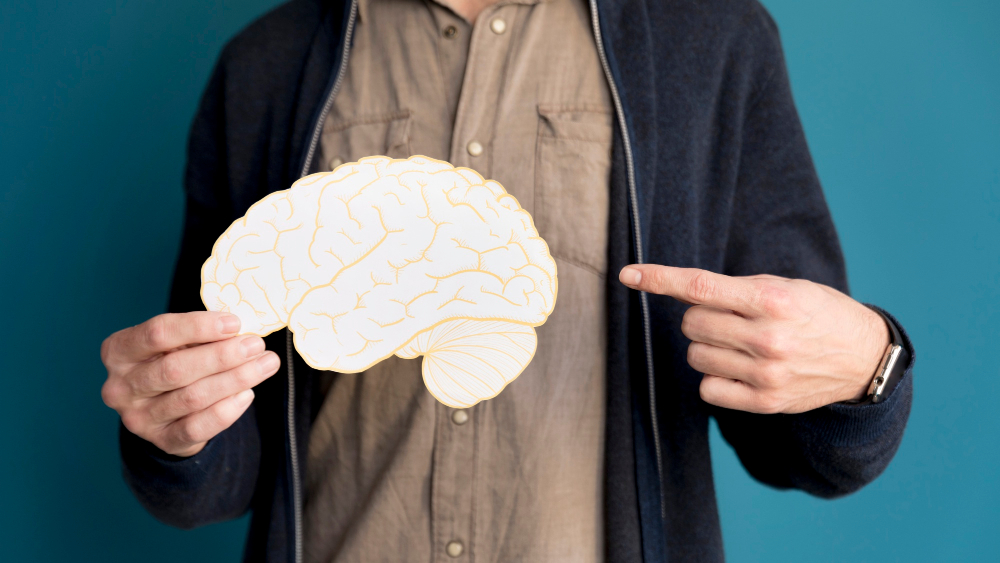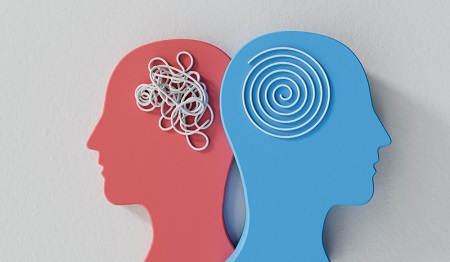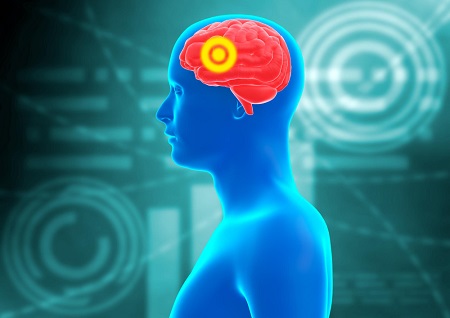The nervous system controls a vast range of body functions, including movement. Diseases of the nervous system can affect any of the functions it controls. Parkinson’s disease is an ailment that affects the nervous system’s ability to control movement. Causes of Parkinson’s Disease When Parkinson’s disease is present, nerve cells in the brain start to break down….
Read MoreBe Aware of the Symptoms of Neurological Disorders
Our nervous system controls all that we do, see, feel and experience in our lives. It is a complex and highly specialized network that stores knowledge, transmits information and guides our actions. The core of the nervous system comprises of the brain, the spinal cord, muscles and the huge volumes of nerves that connect them….
Read MoreWhat Is Mild Cognitive Impairment?
The human body changes as it ages. This is not limited only to physical abilities, but also to cognitive ones. People typically become more forgetful as they age and this is most noticeable in the elderly. It may result in taking longer to find the right word to express oneself or an extra moment to…
Read More4 Things to Know About Pituitary Tumours
A tumour is an abnormal growth of cells and this can happen anywhere in the body. If it occurs in the pituitary gland (a small pea-sized part of the brain), it is known as a pituitary tumour. While many tumours are benign, it is vital to make sure that the tumour is not malignant. If it…
Read MoreSpotting Early Signs of Dementia
Dementia is used to define a condition that affects a person’s ability to remember, process information, speak and think rationally. There are different types of dementia and only a medical specialist will be able to diagnose the exact nature and specifics of the condition. However, the early signs of the ailment are common for all…
Read More





